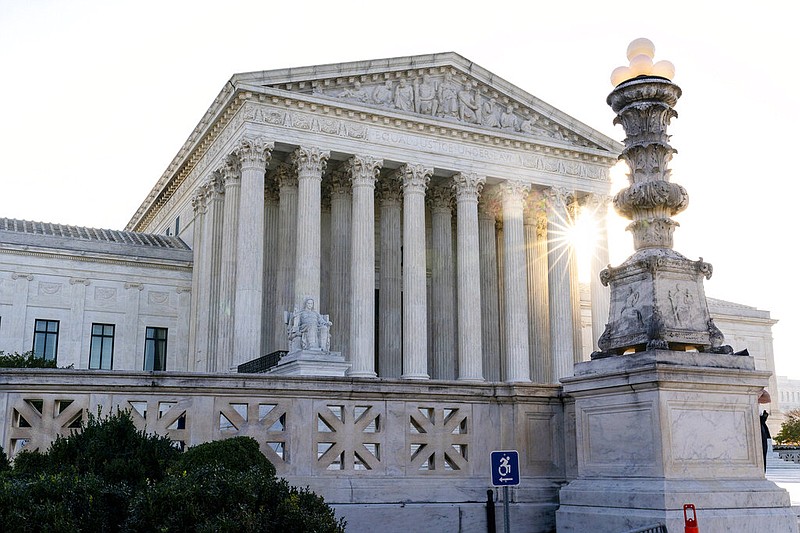The U.S. Supreme Court on Friday declined to review the standard for immunity that shielded Arkansas State University officials who had been sued in a legal dispute over a student’s free-speech rights.
The Alliance Defending Freedom in February filed a petition asking the nation’s highest court to review a free-speech lawsuit dismissed in 2019.
The Arizona-based conservative advocacy group — which has successfully argued other cases before the U.S. Supreme Court — claimed that questions remained unresolved after the 8th Circuit Court of Appeals upheld the dismissal of a lawsuit filed by an ASU student and a chapter of Turning Point USA, a conservative group with chapters at high schools and colleges across the country.
“We are pleased to prevail once again just as we did in the trial court and the 8th Circuit Court of Appeals,” Jeff Hankins, a spokesman for the ASU System, said in a statement Friday.
In October 2017, Ashlyn Hoggard, at that time an ASU student, and a representative of Turning Point were told by an ASU administrator that they could not have an information table in an area reserved for “tabling” by registered student organizations.
Policy changes were cited in a U.S. District court order dismissing the case in 2019, but the Alliance Defending Freedom sought a review of the immunity standard for public university officials, particularly in First Amendment cases.
The 8th Circuit opinion in the case states that “the Tabling Policy’s enforcement against Hoggard on Oct. 11, 2017, was unreasonable and unconstitutional,” but that defendants named in the lawsuit — including members of ASU’s governing board — “may reasonably have not understood this at the time.”
In 2018, Betsy DeVos, at the time the U.S. education secretary, discussed the dispute in the context of a speech criticizing actions taken by some college administrators regarding campus free speech.
The ASU System hired David C. Frederick, a Washington, D.C.-based attorney, to defend against the advocacy group’s Supreme Court petition.
The 27-page brief submitted in April by Frederick stated that the case “concerns an isolated episode in which ASU officials applied a now-repealed policy limiting the ability to set up tables outside a student union to registered student organizations.”
